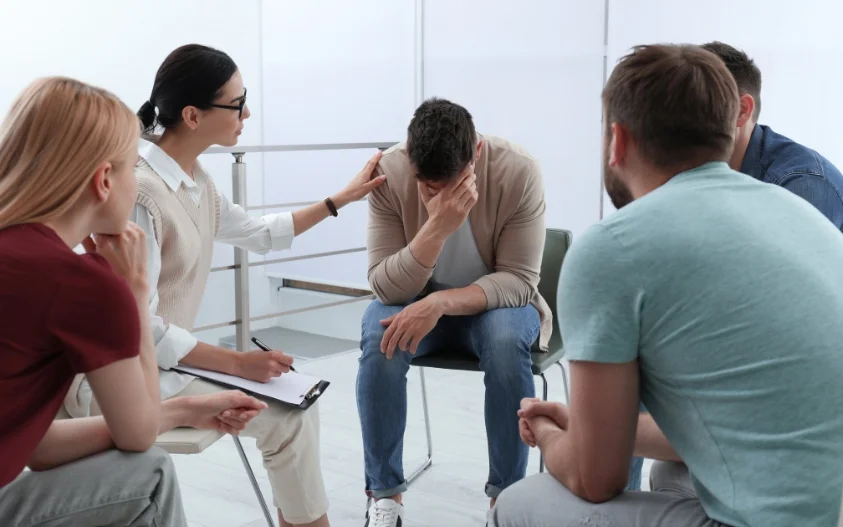24/7 Helpline:
(866) 899-221924/7 Helpline:
(866) 899-2219
Learn more about Anxiety Treatment centers in Prince George
Anxiety Treatment in Other Cities

Other Insurance Options
Beacon

Oxford

Aetna

Access to Recovery (ATR) Voucher

Molina Healthcare

UMR

Humana

American Behavioral

Providence

Ambetter

Premera

Kaiser Permanente

ComPsych

Coventry Health Care

CareFirst

Regence

Multiplan

Meritain

Amerigroup

Sutter












Community Services Board – Prince George Counseling
Community Services Board - Prince George Counseling Services offers outpatient treatment for adults ...


